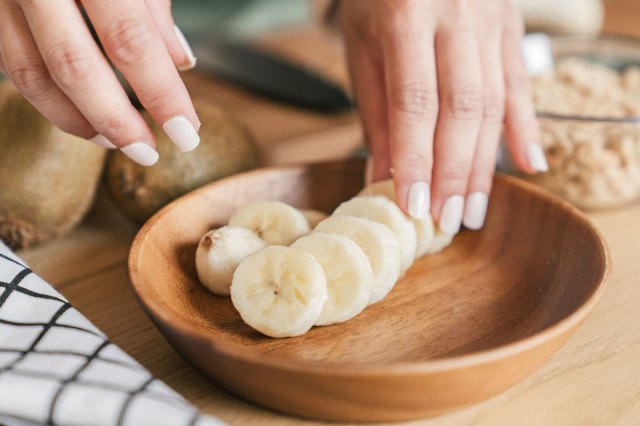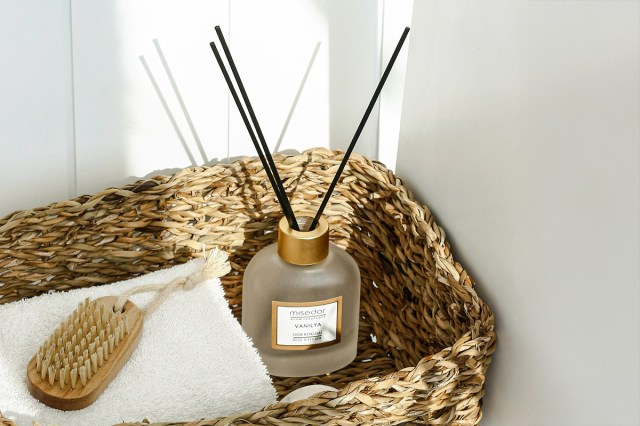When it comes to food safety, a little caution is a good thing. Food is supposed to nourish you, not get you sick, and there’s nothing wrong with being mindful of expiration dates and freshness. Even so, it’s possible to overdo it. “Best by” isn’t the same as an expiration date, and even those can be misleading. The same can be said of refrigerating everything just in case: Many foods are not only hardy enough to be stored at room temperature, they’re actually worse off in the fridge. Here are five of them.

Bananas
Bananas only ripen properly in warm temperatures between about 59 and 68 degrees Fahrenheit, whereas most refrigerators hover just below the 40-degree mark. Exposure to light and air also slows down decay, which will speed up in the fridge — cold temperatures will damage a banana’s cell walls and eventually turn its skin black and bruised. It’s hardly the only fruit that’s better left on the counter, as everything from avocados and peaches to watermelon and most citrus do better at room temperature (especially before they’ve fully ripened).

Butter
This one may seem controversial, but refrigerating butter is relatively uncommon in many parts of the world. It’s almost impossible to spread after sitting in the fridge, and no less an authority than US Dairy says it’s fine to leave on the counter — albeit with a few caveats. Salted butter is safer to leave out than its unsalted counterpart, as it’s less likely to go bad in warmer temperatures, and storing it in a covered container is ideal. Go ahead and put it in the fridge if you don’t plan on using it anytime soon, but it’s also fine to leave it out for a few days at a time.

Chocolate
The air inside your refrigerator is both colder and more moist than chocolate needs to be, and it isn’t just the taste that will suffer — the texture and color will be worse off as well. It might even take on an odd scent, as the cocoa butter present in most chocolate absorbs surrounding smells. If you don’t want your sweets to taste like the box of leftovers that’s been in your fridge for the last week, store them elsewhere.
Reader Favorites

Honey
If you’ve ever taken your bear-shaped bottle of honey out of the fridge and been disappointed by how syrupy and congealed it’s gotten, know that you can easily avoid this fate. Honey does just fine — better, even! — in a cool, dark pantry.

Olive Oil
If it’s oil-based, don’t bother with the fridge. That includes olive oil, which turns cloudy and grainy as it solidifies in colder temperatures, as well as salad dressings that consist primarily of oil and/or vinegar. Plenty of other condiments do fine at room temperature as well: hot sauce, ketchup, and soy sauce, all of which you’ll find on the table at your local restaurant.
Feature Image Credit: Jonathan Pielmayer/ Unsplash
More From Our Network
Better Report is part of Optimism, which publishes content that uplifts, informs, and inspires.

















